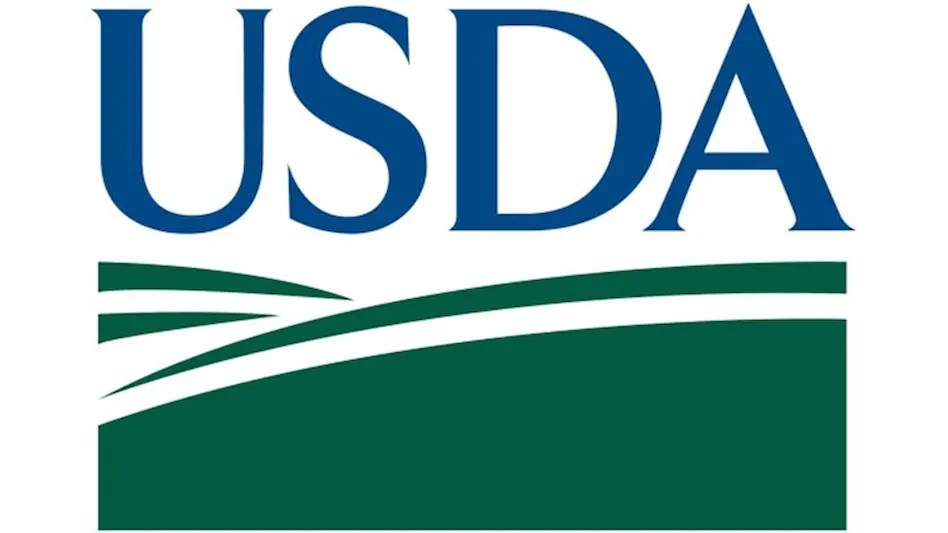Roka Bioscience
rokabio.com
Roka Bioscience, a molecular diagnostics company that provides testing solutions for the detection of foodborne pathogens, has introduced an Extended On Board Stability feature for the Atlas System. The new feature marks an advance in the flexibility, efficiency, and economics of operating the Atlas System and is designed to deliver the benefits of automation and high-quality molecular technology to mid- and lower-volume food-testing laboratories. The stability of the Atlas kits has improved from four days to 14 days, negating need for high daily sample volumes for maximum economic and workflow efficiency, and furthering the Atlas System as a pathogen-testing solution for today’s laboratories. For more information, download Roka’s Extended On Board Stability with the Atlas System Fact Sheet.
AIB International
www.aibonline.orgAIB International, in partnership with the Food Science Institute and Department of Statistics, Kansas State University, and Food Science and Technology Department, University of Nebraska, published baking process kill-step validation research in the Journal of Food Protection (Vol. 79, No. 4). This first-of-its-kind scientific study validates a baking process to control Salmonella in hamburger-bun manufacturing. This research validates that a standard hamburger bun-baking process using an oven temperature of 425°F for at least six minutes would ensure a five-log reduction in Salmonella population that might be present from contaminated raw ingredients. The published procedures empower bakeries to validate their baking process for Salmonella destruction in a variety of bakery products. Additionally, the D- and z-values of Salmonella will help bakers optimize the baking process to control Salmonella in hamburger bun manufacturing. To enable anyone interested in kill-step validation to access this research for free, AIB has paid the Journal of Food Protection to make the paper open access, and downloadable from the AIB website or the Journal for Food Protection website.
3M Food Safety
www.3m.com
GOJO
www.gojo.comWith food safety and foodborne-illness risk reduction top of mind for the food industry, Gojo has introduced two resources designed for those seeking a complete view of what is happening in the industry. FoodSafeTruth.com, a new website sponsored by Gojo, separates fact from fiction and delivers timely information on building, maintaining and enhancing a food safety program, the company said. It also takes a closer look at the science behind food safety, including foodborne illnesses and steps restaurant owners and operators can take to help reduce their risk. The bulletin, “Where Do We Go From Here? A Look at Food Safety in the Food Service Industry Today,” written by Gojoscientists, takes a closer look at the challenges facing the industry, ways to overcome these challenges and best practices for an effective food safety program.

DeltaTrak
www.deltatrak.comDeltaTrak, an innovator of cold-chain management, environmental monitoring, and food safety solutions, has released its new FlashLink Mini Electronic Time-Temperature Indicator (TTI). Seafood shippers and receivers need to properly monitor the temperature of fresh refrigerated, and vacuum-packed products during transport and storage to ensure they have not been exposed to temperature abuse which could cause serious foodborne illness. DeltaTrak’s TTI is a single-use device that monitors seafood products, helping companies meet FDA guidelines and FSMA requirements. It has a pre-configured threshold of 41°F/5°C and is set to trigger an alarm if accumulative temperature abuse occurs above this threshold for four hours or more. An immediate pass or fail indication from a flashing green or red LED enables receivers to make immediate accept or reject decisions on the dock. DeltaTrak offers free post-trip analysis service to review the trip history and pinpoint when out-of-range conditions happened. This information can be used to settle claim situations by verifying who is responsible based on the time it occurred. The TTI indicators are mounted on a high-visibility green shipping card with adhesive strips, for attaching to the outside of a carton, making it easy to locate when a load arrives.

Explore the June 2016 Issue
Check out more from this issue and find your next story to read.
Latest from Quality Assurance & Food Safety
- Frank Yiannas, Aquatiq Partner to Expand Global Reach of Food Safety Culture
- World Food Safety Day 2025 Theme: Science in Action
- Ancera Launches Poultry Analytics System
- USDA Terminates Two Longstanding Food Safety Advisory Committees
- Catalyst Food Leaders Announces Virtual Leadership Summit for People in Food
- Food Safety Latam Summit 2025 Set for Mexico City
- AFDO Webinar Series Offers Strategies for Difficult Times
- FDA, USDA Rehire Some Staff, Multiple Sources Report





